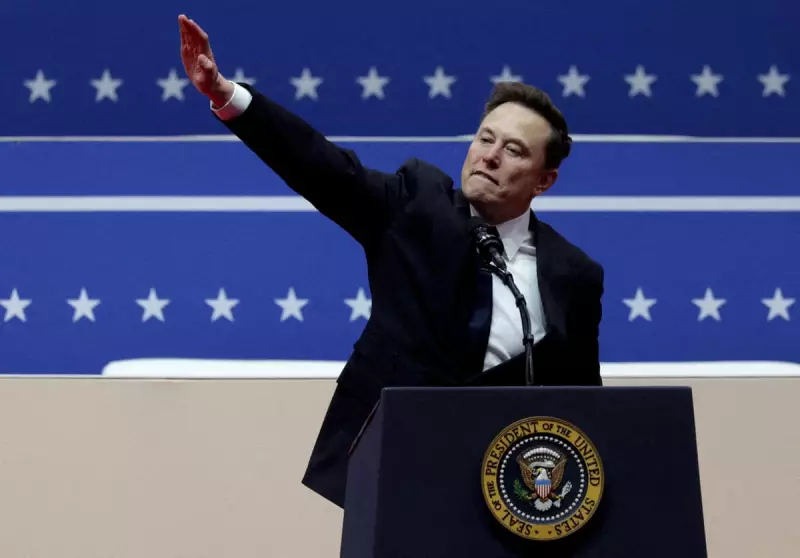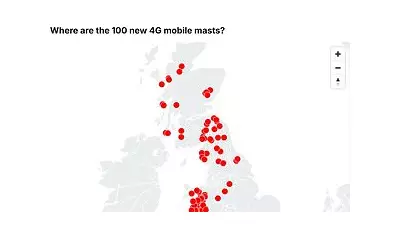
Elon Musk has launched a blistering legal offensive against the Anti-Defamation League, accusing the prominent Jewish civil rights organisation of showing "systematic bias" by disproportionately targeting Christian groups while allegedly ignoring extremism within other communities.
The Tesla and SpaceX billionaire filed court documents in a California federal court that contained extraordinary allegations against the ADL. Musk claims the organisation has engaged in a "targeted campaign" against what it labels "Christian extremism" while "downplaying or ignoring" similar threats from other religious and political groups.
Explosive Allegations in Court Filing
In the legal submission, Musk's legal team presented what they describe as internal ADL communications and policy documents. These allegedly show the organisation directing resources specifically toward monitoring Christian organisations and individuals, while applying different standards to other religious communities.
The court filing states: "The ADL has systematically targeted Christian groups and individuals for scrutiny and condemnation, while employing a much more lenient approach toward extremist elements in other religious and political movements."
Background of the Conflict
The legal battle stems from ongoing tensions between Musk and the ADL since his acquisition of the platform formerly known as Twitter. The ADL has repeatedly criticised what it describes as a rise in hate speech and antisemitic content on the platform under Musk's leadership.
Musk previously threatened to sue the ADL for billions in 2023, claiming their criticisms had driven away advertisers from the platform. However, this new legal action represents a significant escalation, moving beyond financial damages to challenge the organisation's fundamental credibility and methods.
ADL's Response and Wider Implications
The ADL has vigorously denied Musk's allegations, calling them "baseless and dangerous." In a statement, the organisation said: "These claims are part of a pattern of misinformation and distraction from the real issue - the proliferation of hate speech on platforms under Musk's control."
Legal experts suggest the case could have far-reaching implications for how civil rights organisations monitor and report on extremism. The outcome may establish important precedents regarding the legal boundaries of advocacy work and free speech monitoring.
Industry Reactions
The tech and civil rights communities have reacted with strong opinions on both sides. Free speech advocates have expressed support for Musk's challenge, while many in the civil rights sphere see it as an attempt to silence legitimate criticism.
One digital rights activist told The Guardian: "This case raises fundamental questions about who gets to define extremism and whether established civil rights organisations can be compelled to apply their standards uniformly across all communities."
The legal battle comes at a time of heightened tension around free speech issues online, with social media platforms facing increasing pressure from governments and advocacy groups to moderate content more aggressively.





